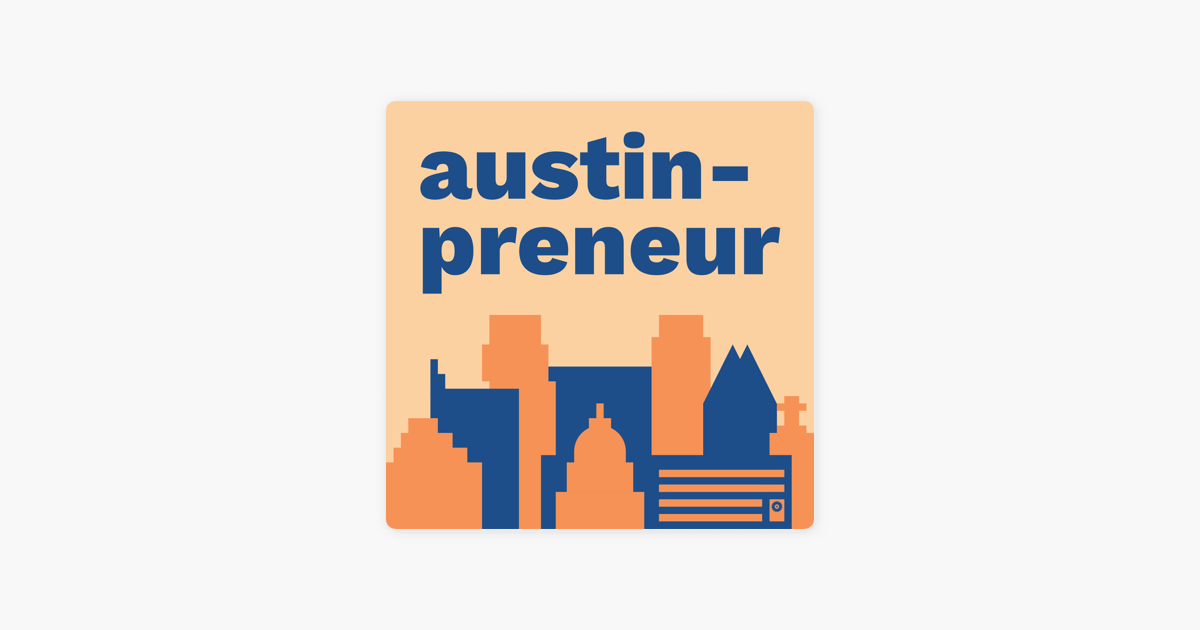Navigating the Food Safety Labyrinth: A Call for Change in Singapore's Catering Industry
October 29, 2024, 5:13 pm
Food poisoning is a silent predator. It lurks in kitchens, waiting for a moment of negligence. In Singapore, recent outbreaks have put the spotlight on food safety. The question looms: who is responsible? Is it the caterers, the suppliers, or the consumers?
The catering industry is a complex web. It involves many players, each with a role to play. Yet, when foodborne illnesses strike, fingers point. Caterers often bear the brunt of the blame. But is it fair?
Food safety is not just a checklist. It’s a culture. It requires commitment from everyone involved. From large catering firms to small mom-and-pop operations, the responsibility is shared. Automation can help streamline processes. But it cannot replace the human element.
Take, for instance, the importance of training. Every staff member, whether full-time or temporary, must understand food safety protocols. This includes proper food storage, handwashing, and preventing cross-contamination. A single lapse can lead to disaster.
In the podcast "Deep Dive," experts discuss these issues. They highlight the need for stringent training and adherence to safety standards. Automation can enhance efficiency, but it’s not a panacea. It’s like a ship without a captain. It may sail smoothly, but without guidance, it can veer off course.
The conversation also touches on the challenges faced by smaller caterers. They often lack the resources to implement advanced systems. This creates a disparity in food safety practices. Larger firms can invest in technology and training. Smaller ones may struggle to keep up.
This inconsistency is a ticking time bomb. A single outbreak can tarnish the reputation of the entire industry. Consumers may lose trust. Once trust is broken, it’s hard to rebuild.
The role of consumers cannot be overlooked. They must also be vigilant. Understanding food safety is crucial. Consumers should ask questions. Where does the food come from? How is it prepared? Knowledge is power.
The podcast also emphasizes the importance of regulatory oversight. Government agencies must enforce strict guidelines. Regular inspections can help identify potential hazards. It’s like a safety net, catching issues before they escalate.
However, regulations alone are not enough. The industry must foster a culture of accountability. Caterers should not only comply with the law but strive for excellence. This means going beyond the minimum requirements. It’s about creating a safe dining experience for everyone.
The conversation shifts to the financial implications of food safety. Investing in training and technology may seem costly. But the price of negligence is far higher. Outbreaks can lead to lawsuits, fines, and loss of business. It’s a gamble that no caterer should take.
Moreover, the podcast highlights the need for collaboration. Caterers, suppliers, and regulators must work together. Sharing best practices can elevate the entire industry. It’s like a symphony; each player must harmonize for a beautiful outcome.
As we delve deeper into the issue, the conversation transitions to healthcare. The "Money Talks" podcast discusses MediShield Life changes. Rising premiums are a concern for many. But with increased coverage comes greater financial protection.
The analogy of insurance is apt. It’s a shared burden. Everyone contributes to a pool. When someone needs help, the community steps in. This principle should apply to food safety as well. The industry must support each other.
Education plays a pivotal role in both food safety and healthcare. Consumers need to understand their rights and responsibilities. They should be aware of the resources available to them. Knowledge empowers individuals to make informed choices.
In conclusion, the battle against food poisoning is ongoing. It requires a collective effort. Caterers must prioritize safety. Consumers must be vigilant. Regulators must enforce standards.
Food safety is not just a legal obligation. It’s a moral one. Every meal served is a promise. A promise of safety, quality, and care. Let’s ensure that promise is kept. Together, we can navigate the food safety labyrinth and emerge victorious.
The stakes are high. The cost of inaction is too great. It’s time for change. It’s time for a food safety revolution in Singapore.
The catering industry is a complex web. It involves many players, each with a role to play. Yet, when foodborne illnesses strike, fingers point. Caterers often bear the brunt of the blame. But is it fair?
Food safety is not just a checklist. It’s a culture. It requires commitment from everyone involved. From large catering firms to small mom-and-pop operations, the responsibility is shared. Automation can help streamline processes. But it cannot replace the human element.
Take, for instance, the importance of training. Every staff member, whether full-time or temporary, must understand food safety protocols. This includes proper food storage, handwashing, and preventing cross-contamination. A single lapse can lead to disaster.
In the podcast "Deep Dive," experts discuss these issues. They highlight the need for stringent training and adherence to safety standards. Automation can enhance efficiency, but it’s not a panacea. It’s like a ship without a captain. It may sail smoothly, but without guidance, it can veer off course.
The conversation also touches on the challenges faced by smaller caterers. They often lack the resources to implement advanced systems. This creates a disparity in food safety practices. Larger firms can invest in technology and training. Smaller ones may struggle to keep up.
This inconsistency is a ticking time bomb. A single outbreak can tarnish the reputation of the entire industry. Consumers may lose trust. Once trust is broken, it’s hard to rebuild.
The role of consumers cannot be overlooked. They must also be vigilant. Understanding food safety is crucial. Consumers should ask questions. Where does the food come from? How is it prepared? Knowledge is power.
The podcast also emphasizes the importance of regulatory oversight. Government agencies must enforce strict guidelines. Regular inspections can help identify potential hazards. It’s like a safety net, catching issues before they escalate.
However, regulations alone are not enough. The industry must foster a culture of accountability. Caterers should not only comply with the law but strive for excellence. This means going beyond the minimum requirements. It’s about creating a safe dining experience for everyone.
The conversation shifts to the financial implications of food safety. Investing in training and technology may seem costly. But the price of negligence is far higher. Outbreaks can lead to lawsuits, fines, and loss of business. It’s a gamble that no caterer should take.
Moreover, the podcast highlights the need for collaboration. Caterers, suppliers, and regulators must work together. Sharing best practices can elevate the entire industry. It’s like a symphony; each player must harmonize for a beautiful outcome.
As we delve deeper into the issue, the conversation transitions to healthcare. The "Money Talks" podcast discusses MediShield Life changes. Rising premiums are a concern for many. But with increased coverage comes greater financial protection.
The analogy of insurance is apt. It’s a shared burden. Everyone contributes to a pool. When someone needs help, the community steps in. This principle should apply to food safety as well. The industry must support each other.
Education plays a pivotal role in both food safety and healthcare. Consumers need to understand their rights and responsibilities. They should be aware of the resources available to them. Knowledge empowers individuals to make informed choices.
In conclusion, the battle against food poisoning is ongoing. It requires a collective effort. Caterers must prioritize safety. Consumers must be vigilant. Regulators must enforce standards.
Food safety is not just a legal obligation. It’s a moral one. Every meal served is a promise. A promise of safety, quality, and care. Let’s ensure that promise is kept. Together, we can navigate the food safety labyrinth and emerge victorious.
The stakes are high. The cost of inaction is too great. It’s time for change. It’s time for a food safety revolution in Singapore.

